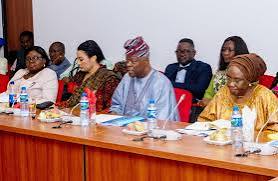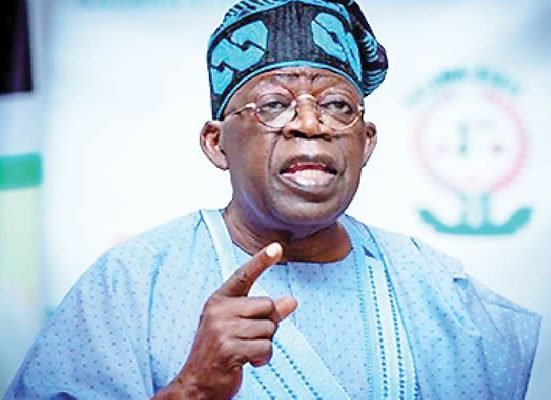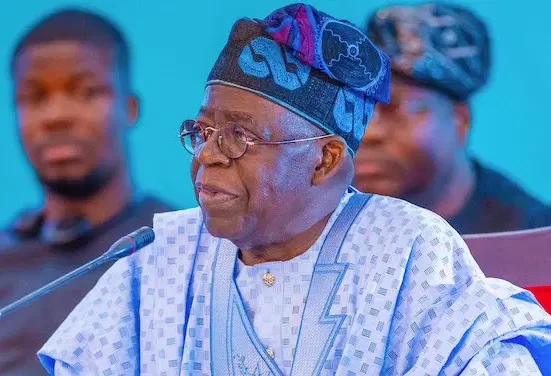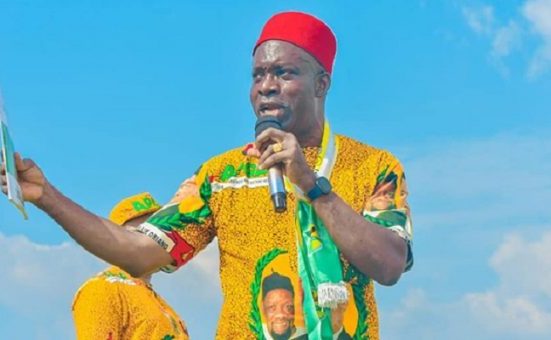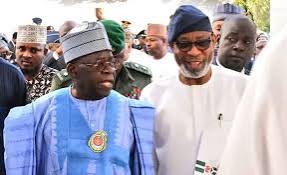In a determined bid to transform its economic landscape, Nigeria is embarking on a comprehensive strategy aimed at achieving rapid growth and substantial job creation, even as it navigates the complexities of a volatile global economy. The administration of President Bola Tinubu has set an ambitious target: to propel the nation’s economy to a $1 trillion valuation by 2026, with a long-term goal of $4 trillion by 2035 . This vision is underpinned by a series of strategic reforms and initiatives designed to stimulate investment, enhance productivity, and foster inclusive development.
Central to Nigeria’s economic agenda is the expansion of the Micro, Small, and Medium Enterprises (MSME) sector, which plays a pivotal role in employment and economic diversification. With over 39 million MSMEs contributing approximately 43.6% to the nation’s GDP and employing more than 61 million individuals, the sector is seen as the backbone of the economy . To bolster this sector, the government is implementing measures to improve access to finance, enhance capacity building, and facilitate market expansion. These efforts aim to empower MSMEs to scale operations, create jobs, and drive sustainable economic growth.
In parallel, the administration is focusing on human capital development through initiatives like the Skill-UP Artisans Program (SUPA), which seeks to equip 10 million artisans with tech-enabled skills and industry-standard certifications. This program is expected to address skills gaps, reduce reliance on imported labor, and enhance the employability of the Nigerian workforce .
Recognizing the importance of infrastructure in economic development, Nigeria is investing in critical sectors such as agriculture, transportation, education, healthcare, and information and communication technology (ICT). These sectors have been identified as key drivers of economic growth, with agriculture alone accounting for 28.65% of the nation’s GDP in the third quarter of 2024 . By strengthening these sectors, the government aims to create a conducive environment for business operations, attract foreign investment, and improve the standard of living for Nigerians.
Despite these ambitious plans, challenges persist. The global economic landscape remains uncertain, with factors such as fluctuating oil prices, inflationary pressures, and geopolitical tensions posing potential risks to Nigeria’s growth trajectory. Additionally, the informal sector continues to dominate the labor market, with many Nigerians engaged in unstable and underpaid work. The government acknowledges these challenges and is committed to implementing policies that promote economic stability, job creation, and poverty reduction.
In conclusion, Nigeria’s commitment to rapid economic growth and job creation is evident in its comprehensive reform agenda and strategic initiatives. While obstacles remain, the government’s proactive approach and focus on inclusive development offer a pathway toward a more prosperous future for the nation. Through sustained efforts and collaboration across sectors, Nigeria aims to harness its economic potential and achieve sustainable growth in the face of global uncertainties.

